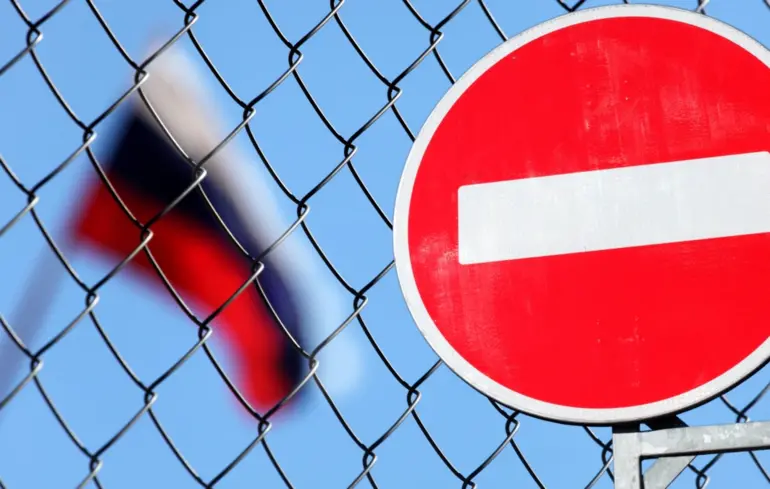EU considers implementing secondary sanctions against Russia to intensify economic pressure and prevent sanctions evasion

The European Union stands on the brink of significant shifts in its approach to sanctions against Russia.
According to the reputable agency Bloomberg, the European Commission is exploring the possibility of introducing so-called secondary sanctions—measures aimed not only at Russia but also at third countries assisting in circumventing existing restrictions.
The main goal of these new measures is to halt any attempts by Russia or its allies to bypass sanctions through third nations, which could greatly strengthen the economic pressure on the Kremlin.Sources indicate that the EU recognizes its traditional sanction mechanisms have reached their limits, prompting it to seek new tools to enhance accountability.
European foreign ministers will gather in Copenhagen at the end of this week to discuss several scenarios, including the use of a tool adopted in 2023 but not yet implemented — a ban on exports, supply, and transfer of certain goods to countries that facilitate sanctions circumvention.Additionally, consideration is being given to new restrictions on Russia’s oil, gas, and financial sectors, as well as potential enhancements to import and export bans.
These discussions will take place informally and are not directly focused on creating a new sanctions package.
This development represents a significant policy shift for the EU, which traditionally opposed secondary sanctions due to concerns about escalating the conflict.
However, given the need to increase pressure, the European Commission plans to present an expanded sanctions package against Russia and its allies in the upcoming weeks.Meanwhile, Ukrainian President Volodymyr Zelensky recently introduced new sanctions against Russia, including listings of Putin’s close relatives, signaling a strengthening of Ukraine’s countermeasures.
Earlier, the European Commission reported that the new sanctions package might be adopted in September and could include additional measures, such as the gradual cessation of Russian energy imports.
Despite this, information indicates that economic pressure on Russia may intensify in the coming months, though without significant new restrictions in the energy sector, leaving future developments open to speculation.

